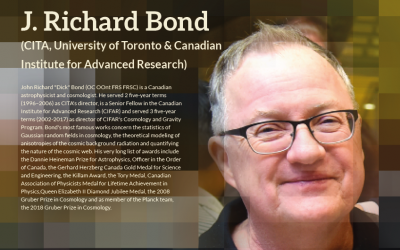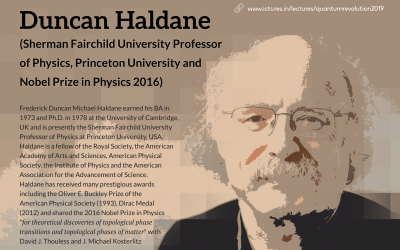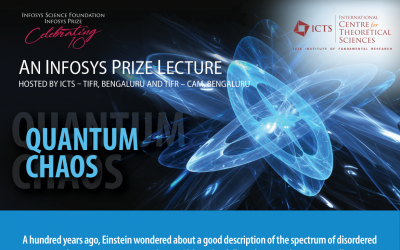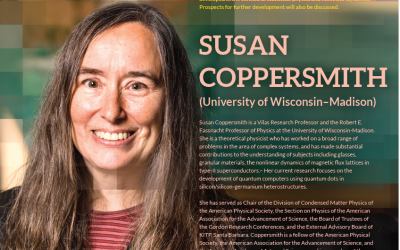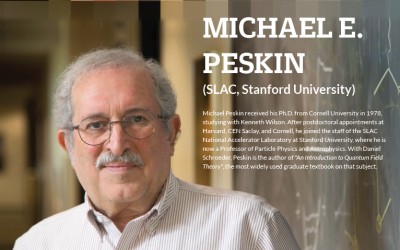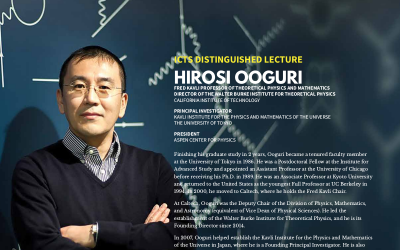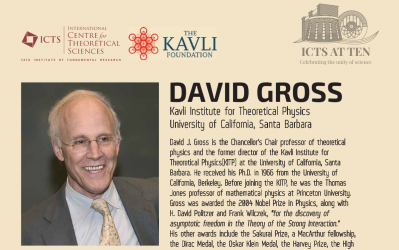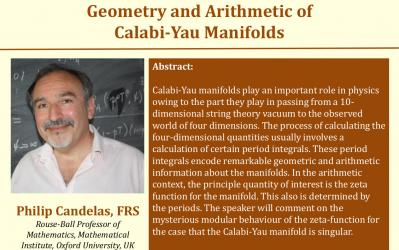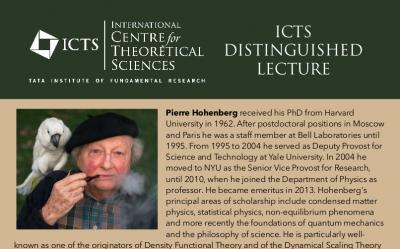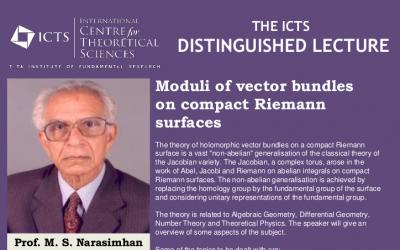J. Richard Bond (CITA, University of Toronto, Canada)
15 January 2019, 17:00 to 18:00
Ramanujan Lecture Hall, ICTS Bangalore
How can physicists be so audacious as to declare all we see, hear and feel is from gravitational instability of quantum fluctuations in ultra-early universe fields encoded in energy-density phonons? Answer: the data reveals it, most precisely by our Planck cosmic microwave background (CMB) team...more


